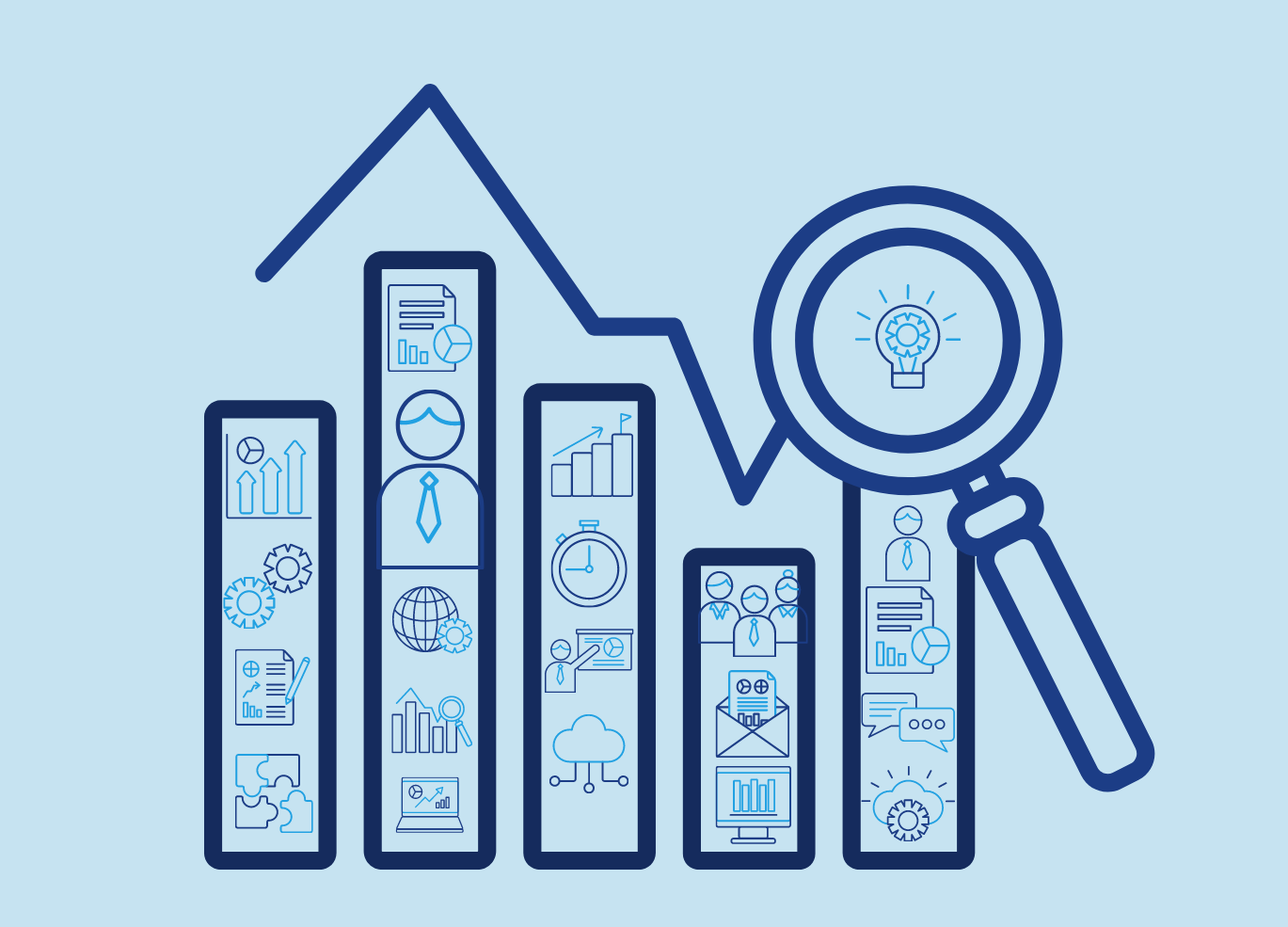In the accounting industry, earning a certification like the CPA is crucial for career advancement. CPA stands for Certified Public Accountant, a professional license issued by the state.
The main steps in order to become a CPA are passing the Uniform CPA Exam and meeting licensing requirements. Becoming a CPA takes years of education, professional accounting experience, and months of dedication to preparing for the exam.
Increased earning potential, job stability, and flexibility are just some of the benefits the CPA certification provides to accountants. So, in this article, we’ll walk you through the vital steps you can take to become a licensed CPA.
What Does It Take to Become a CPA?
For starters, you should keep in mind that getting a CPA license can be a long and demanding process as it ensures that the highest standards of both fiscal and ethical practices are met. Still, the process is worth it and rewarding if you’re aiming to advance your career and become a senior-level accountant at a big company.
Each state issues CPA licenses individually, which means every state has its own set of rules and requirements. Overall, there are four main requirements to become a CPA: education, experience, exam, and additional requirements such as ethics exam.
Educational Requirements
Every state has its own educational requirements that the CPA exam taker must fulfill to become a CPA.
Typically, CPA candidates must have at least 120 college credit hours of education in degree programs in accounting, business, or related fields to take the CPA exam. Still, even though educational requirements vary by state, almost all of them require you to earn 150 credit hours to get your license.
To complete the required hours, students can choose between several options, including taking graduate-level courses in addition to undergraduate courses, enrolling in a bachelor’s program that will fulfill the 150 credit hours, or earning a master’s degree.
Can you get a CPA with a bachelor’s degree?
As AICPA points out, to obtain 150 semester hours of education, students do not necessarily have to get a master’s degree. They can meet the requirements at the undergraduate level or get a bachelor’s degree and take some additional courses at the graduate level.
The CPA Exam
Once the educational requirements for taking the exam have been met, candidates are able to apply for the exam formally. After the application is received and accepted, a Notice To Schedule (NTS) gets issued, allowing candidates to schedule and take a section of the CPA exam, which is administered by the American Institute of Certified Public Accountants (AICPA).
Exam layout
The exam comprises four sections that last four hours in total, which can be taken during different test sessions. All four parts must be completed within an 18-month period. The exam consists of:
- Auditing and Attestation (AUD),
- Business Environment and Concepts (BEC),
- Financial Accounting and Reporting (FAR), and
- Regulation (REG)
Scoring system
Candidates must earn at least a 75 on each part. Section scores are reported on a scale that ranges from 0 to 99. Scaled scores on the multiple-choice questions and task-based simulation portions of the examination are calculated using formulas that take into account factors such as whether the question was answered correctly and the relative difficulty of each question.
The following table shows the percentage of score contributed by item type, as per AICPA. For more frequently asked questions regarding the examination scoring, refer here.
| Item type | AUD | BEC | FAR | REG |
| Multiple choice questions (MCQs) | 50% | 50% | 50% | 50% |
| Task-based simulations (TBSs) | 50% | 35% | 50% | 50% |
| Written communication tasks | n/a | 15% | n/a | n/a |
CPA Exam Preparation
Even though the goal is to pass the exam the first time around, many do not and have to retake the CPA exam (sometimes more than once) since the exam covers various topics at different skill levels, making it rigorous. That’s why making a study plan is highly encouraged.
✅ Request information on BAU's programs TODAY!
Textbooks, flashcards, video lectures, and live test preparation courses are great resources. As you plan to study, consider the study formats that have worked for you in the past. Find the best study format that matches your learning style, and try to incorporate these resources.
Pass the CPA Exam
When you pass the first exam section, you have an 18-month window to pass the next three sections, or the passed exam will expire, and you will have to retake it. After passing all four sections of the CPA exam, you will need to take a short ethics exam administered by the AICPA.
The ethics exam aims to prepare CPA candidates for the ethical problems they may experience in their careers. The ethics exam isn’t mandatory in all states; still, check with your state board about this step. It is relatively easy and can be taken as many times as you need to.
Work Experience
Many states require that candidates have years of public accounting experience to become licensed as a CPA. Once again, the type of experience and amount of experience required varies by state; refer to NASBA’s Experience Verification to check details about your state.
Earning the CPA Licensing
Once the education and experience requirements have been met, you’ve passed the CPA exam and all of the state’s requirements for CPA licensure have been completed, you may submit all the necessary forms through the state’s Board of Accountancy and wait for the official approval.
After you have your license, you will be respected as a professional and have doors open to you. The journey can seem complicated since there are several steps in the process. We hope to have answered your questions and helped you with this step by step guide. Good luck!














